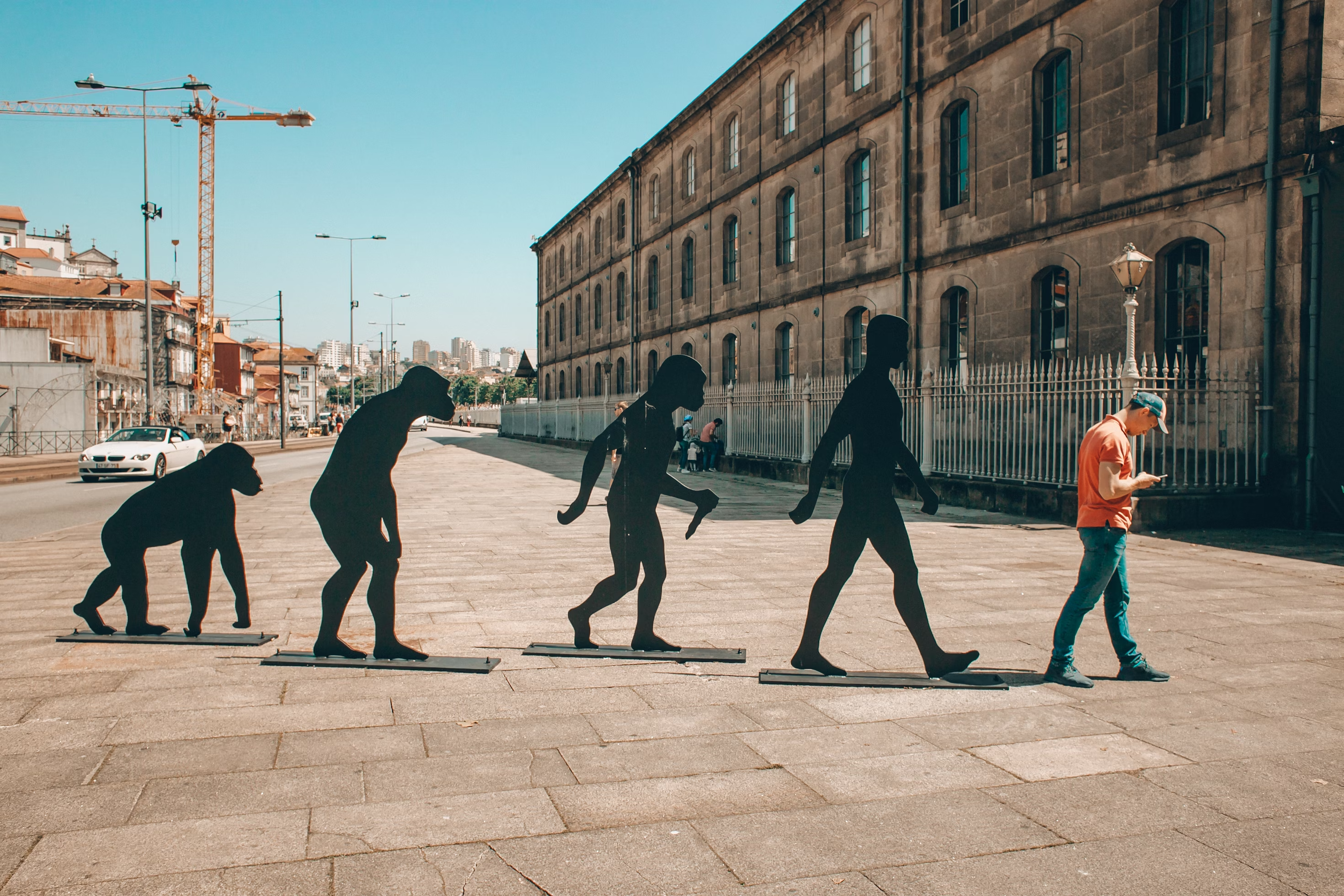
Vaporising plastic waste: a breakthrough in recycling
Oliver Cashmore reports on a recent development in recycling, involving the vaporisation of plastics to reduce landfill waste.

Oliver Cashmore reports on a recent development in recycling, involving the vaporisation of plastics to reduce landfill waste.

Olivia Allen reports on current endeavours to create a healthier and more sustainable chocolate recipe using the whole cocoa fruit.

Ramón Nartallo-Kaluarachchi reflects on advancements in the computational sciences, such as the development of AI, and potential pitfalls.

Katherine Faulkner reflects on how studies of the past can inform the future of conservation amidst the climate crisis.

Angelina Scherbakova reports on the discovery of a new organelle, the nitroplast, which is responsible for nitrogen fixation.

Divya Ganesh reports on a newly discovered dinosaur and refutes claims stating the Lokiceratops simply shows within-species variation.

Chloe Dick reflects on whether a bigger brain does truly underpin increased intelligence within the animal kingdom.

Olivia McGinnis discusses a recent study highlighting the relevance of genetic transposons in the evolution of tail loss.

Ramón Nartallo-Kaluarachchi discusses the ubiquity of breaking symmetry in nature and the relationship between asymmetry and complexity.

Taylor Bi explores the conflicting priorities of tourists and residents in the Galapagos, and how local empowerment may resolve this clash.